A Suicide Note

This note is a rational person’s conclusion about the inability of pure logic to find a meaning of life, and about how people try to escape this meaninglessness.
This is a scene from the novel: Eye for an I, in which Upasana, the protagonist, finds some sheets written in code. After some effort she is able to cracks the code and starts to decipher the pages. She finds that it is a suicide note, written by someone, and tries to guess who could have written it.
I have finally decided to end my life. There should be nothing surprising or shocking about my decision. What is surprising and shocking is the reason why everyone else does not reach this conclusion. It is astonishing that most people are not consistently and honestly rational, and it is distressing that they do not strive to be courageously truthful. But my decision is ruthlessly honest, extremely logical and simply irrevocable. I have no choice except to accept the truth. I cannot forgo my integrity merely to save a meaningless life. So, I have decided to die, willingly and voluntarily, in the manner I want. I have selected the perfect moment and planned an exhilarating exit.
Upasana was stunned. ‘Who else but a lunatic would plan an exhilarating exit?’ she wondered, as she remembered a quote from Camus’ Myth of Sisyphus: ‘There is but one truly serious philosophical problem, and that is suicide. Judging whether life is or is not worth living amounts to answering the fundamental question of philosophy. All the rest—whether or not the world has three dimensions, whether the mind has nine or twelve categories—comes afterwards.’ The writer of the suicide note seemed to have asked Camus’ fundamental question, and concluded that life is not worth living. She resumed decoding, eager to grasp the author’s philosophy of life and death.
Death is a process, not an event, and for me, this process had started quite young. There was a time when I was bubbling with passion for living and loving. I loved the very air I breathed. I wanted to hug the whole world. My arms were long enough, my breast warm enough to embrace the whole of humanity. I wanted to live life with the grace, beauty and dignity that it deserves.
‘By what process of events and circumstances would such a person now come to yearn for death?’ Upasana wondered. ‘What sorrow, what tragedy could snuff out this intensity for living?’
I valued and cherished each precious moment. I was terrified of the meaningless, mechanical life being lived all around me. Most people lived out of sheer habit, in a world of make-believe. But for me, this one and only life I had, had to be lived authentically—with a sense of purpose.
I was the perfectionist wanting to lead a perfect life, far above the thoughtless rush of life, far away from the viciousness of the senseless struggle for survival. Time was too limited to waste on trivia.
‘Yes, trivia is the death of life,’ Upasana nodded, and felt a certain budding rapport with the writer. He did sound very much like Vivek. An inexplicable doubt began to take hold of her. Vivek’s disappearance in the past two months puzzled her? She again started deciphering the note with a sense of urgency.
I searched earnestly, eagerly and desperately for some meaning that would guide my life. I hunted in the remote origins of the universe and in the origins of life. I explored the relationship of person to person and of person to nature, hoping to find some clue to the mystery of life. Alas! There were only questions within questions, but no answers. There were knots within knots, but no openings. I tried to fulfil myself in spirituality, in self-actualisation, in creativity. But I found that they were mere escapes within boundaries, with no glimpse of cosmic freedom. Surprisingly, though everyone lived, yet no one could answer, ‘Why’?
Like a trusting, innocent child, believing all questions have answers, I hunted desperately for one, because without a compelling reason to live, life did not seem worth living. But my frantic search for some rational and worthwhile answer proved futile. And indeed, how can a brain which has evolved through meaningless chance, find meaning in a world that itself has arisen through a chance Big Bang? How can a product of chance have any ultimate meaning?
I feel trapped in a life that I didn’t create and don’t want. At first somewhat grudgingly, but later with conviction, I have come to accept that there is no rationality in the universe, only rationalisations. It is very painful and depressing to realise that living can never be up to my expectations. I feel offended and deceived at being offered so little. Knowing that all my actions, all my expectations, all my plans are but dust, how can I continue to live and act? It outrages my sense of decency and fair play.
‘Is there decency and fair play in life? Is there justice?’ Upasana wondered. ‘And is life ever up to the expectations of anyone? Perhaps we expect too much from life. And death negates all meaning.’ She felt this could not be Vivek speaking. She picked up the pencil again and decrypted further.
Of course, things and ideas can feign whatever significance we wish to endow them with. It is a matter of how well we are able to deceive ourselves. But my integrity cannot let me be a mute participant in this conspiracy of silence and deceit. I cannot keep a piece of stone on a pedestal and elevate it to the level of God. I cannot believe in an after-life to give meaning to this life! It’s stupid. It requires tremendous faith. And, a tremendous betrayal of reason. For me, reason is everything. But for people with hope and faith, there is something beyond reason. They accept the bribe of ‘survival’ by evading the evidence. But though they cheat themselves in order to cheat death, they are cheated of life itself. Hope, without reason, is the refuge of the cowardly. And a coward can never be truly happy.
It is ironic that life, to be liveable, demands self-deception and self-delusion. But to be condemned to continue living the doped, dazed, decaying existence after knowing that life has no meaning that reason can discern, is the worst torture one can suffer.
My heart had sensed the senselessness of life in a flash long ago. It was the clever brain that had required laborious convincing. But people continue to hope, for they lack the courage to look at the nothingness that lies beyond. Hope offers them something to do; offers a defence against total destruction. For, to be annihilated with all the accounts still unsettled does not seem to satisfy their sense of justice. Therefore, their frantic cry for a fanatic ‘cause’ during life, and for their after-life, their creation of a ‘creator’ who would receive and recycle their precious, petty souls. Not knowing what to do with their miserable little life here on earth, they lust for life after death and hope for rebirth.
Hope is the greatest lie. And God, the most destructive invention of man. I am now blessed in having no hope, no faith and no God.
Now, when I have realised the futility of hope, I have experienced a sudden cessation of the incessant procession of thoughts going around in meaningless circles inside my skull. At the same moment, I have realised that I am in no way obliged to live. At this glorious instant, when I have thrown away the crutch of hope and overcome the fear of dying, I have become free. It is the most complete experience of peace and freedom that can be granted to a person.
The more cowardly the people are, the more they speed up the dizzying pace of their existence. Such people never live. They merely go through the motions of living. And they die too as they have lived—without reason, without control, without courage, without joy, hoping in vain for something better.
But now my knowledge is without illusions, my life without any false hopes. I have seen the futility, the cowardice, the self-deception of hope and of all the other clever little escapes we devise in order to cling on to life. For me, the only way out of this absurd state of affairs is either madness or suicide. And I feel it is madness to live any longer.
The certainty of death has the uncomfortable uncertainty of how, when, where and why. Many die too late after a lingering life; some die too early without knowing why; and a few just happen to pass away, presumably at the right moment. But all die unwillingly, unhappily and unprepared. I have lived life intensely, fully and honestly and have reached the stage where I can now welcome death peacefully, without a backward glance. A clear mind has no choice but to accept the truth. And if death is the only reality, then let me face the reality.
‘Did the writer of this note understand life a little too clearly, or has he completely misunderstood it?’ Upasana wondered, as she translated the last few lines.
Killing myself would not be difficult; it is convincing myself that was killing me. The idea of suicide is now very fascinating and assuaging. Thinking of suicide has become as easy, as irrepressible, as a yawn. Ironically, planning for my suicide has added zest and meaning to my life. My suicide would be a perfect work of art, a forceful statement of my convictions, an act of courage. I will not rob suicide of its dignity. Frivolous suicides have maligned this noble act enough.
I will die as I have lived—with intensity and without compromise. The date is final. It will be my birthday. At the chosen moment I will make my exit, proclaiming to the world at large: “Free, free, free at last!”
“Free…freeee at last,” Upasana echoed as, with a perturbed sigh, she kept aside the sheets.
Is there a meaning in life? What is it? How to know it? Click here to know more…

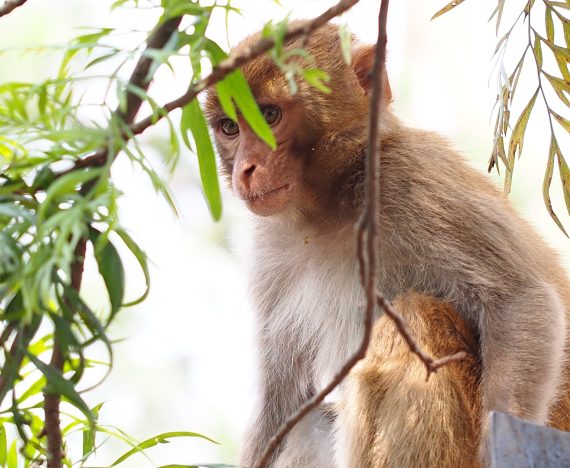
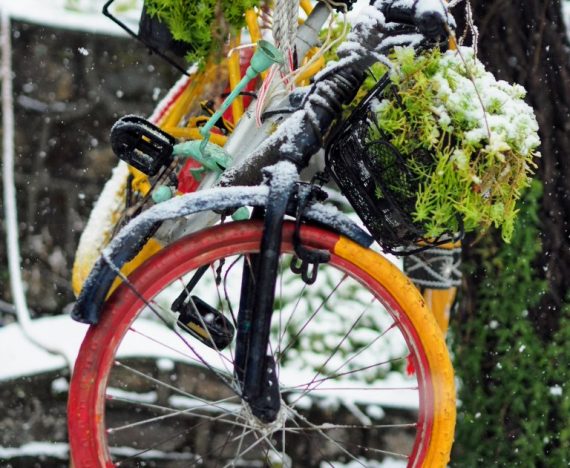
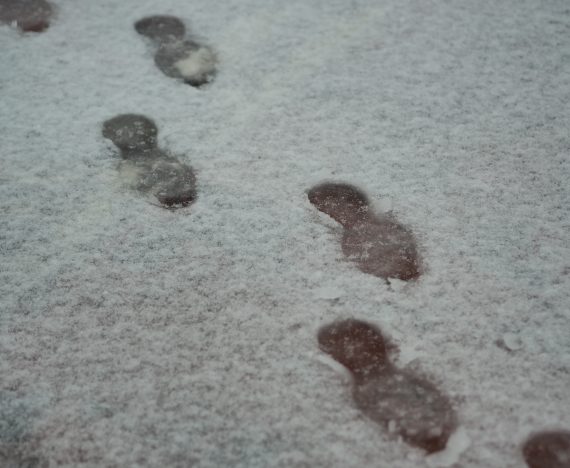
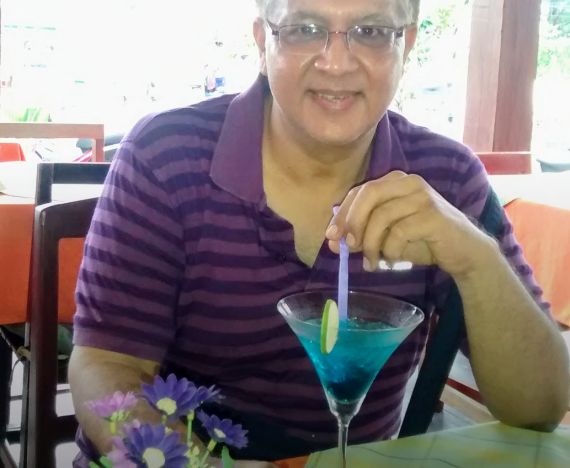
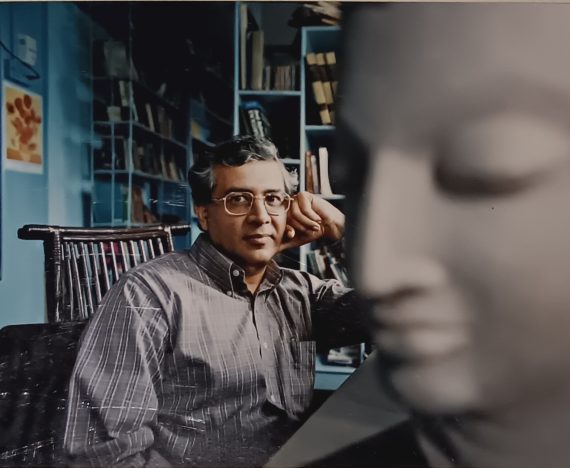
Comments
Trackbacks & Pingbacks
[…] you truly seek the meaning of life, the truth behind it all, and are unwilling to accept anything less than the Ultimate Truth, then this blog can help you to Romance the Truth through rational and logical steps, and not by […]